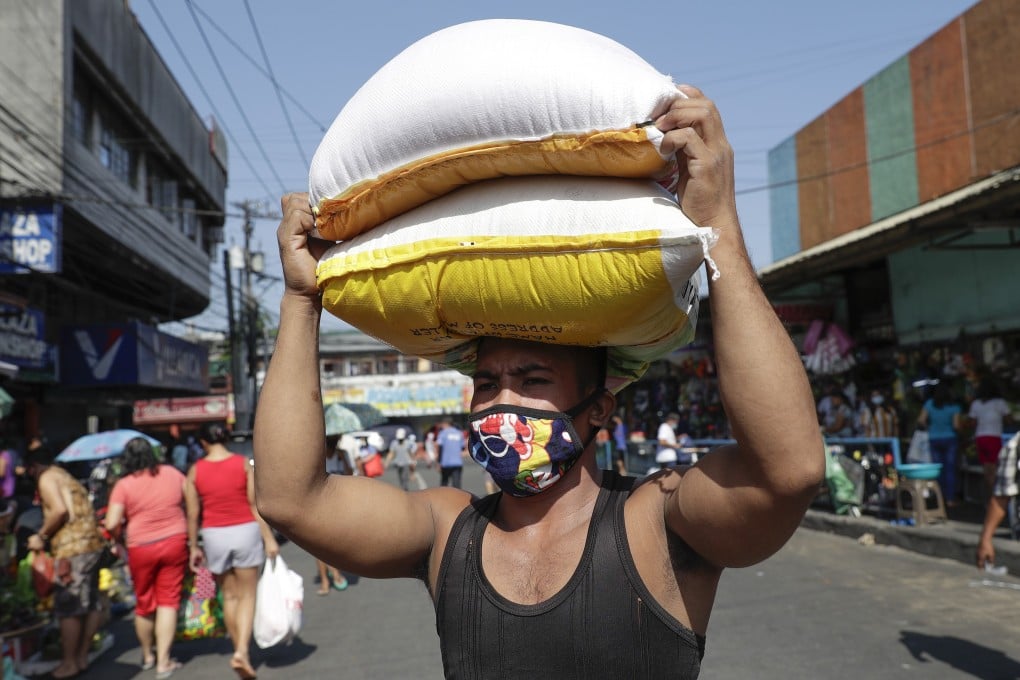Advertisement
Coronavirus: Philippine workers lose jobs, stocks plunge, shops close as pandemic hits economy
- As Luzon goes into lockdown and other regions place severe restrictions of movement on residents, many businesses are struggling and workers have been let go
- In the popular holiday island of Boracay, travel operators are suffering a double blow, after being forced to shut for six months in 2018 over pollution issues
Reading Time:4 minutes
Why you can trust SCMP

Celebrity chef Him Uy de Baron’s restaurants in the Philippines have mostly been closed for now.
Following the government’s order to lock down Luzon – home of the capital Manila and the most populous island in the country with 55 million residents – no one is allowed to dine in amid the coronavirus outbreak.
“People can’t eat out now in Manila. They can send one person out at a time to pick up groceries and cooked food from restaurants. Many restaurants have shut already, especially the casual dining and fine dining restaurants who do not do deliveries,” he said.
Advertisement
“I’m right now with a big [restaurant] group that can perhaps ride this out. My heart goes out to the smaller businesses who go day to day.”
As the Philippines battles rising cases of the coronavirus – now at 217 cases, with 17 deaths – President Rodrigo Duterte has declared a national state of calamity to tap emergency funds and placed Luzon under an effective lockdown until April 13.
Advertisement
Advertisement
Select Voice
Choose your listening speed
Get through articles 2x faster
1.25x
250 WPM
Slow
Average
Fast
1.25x